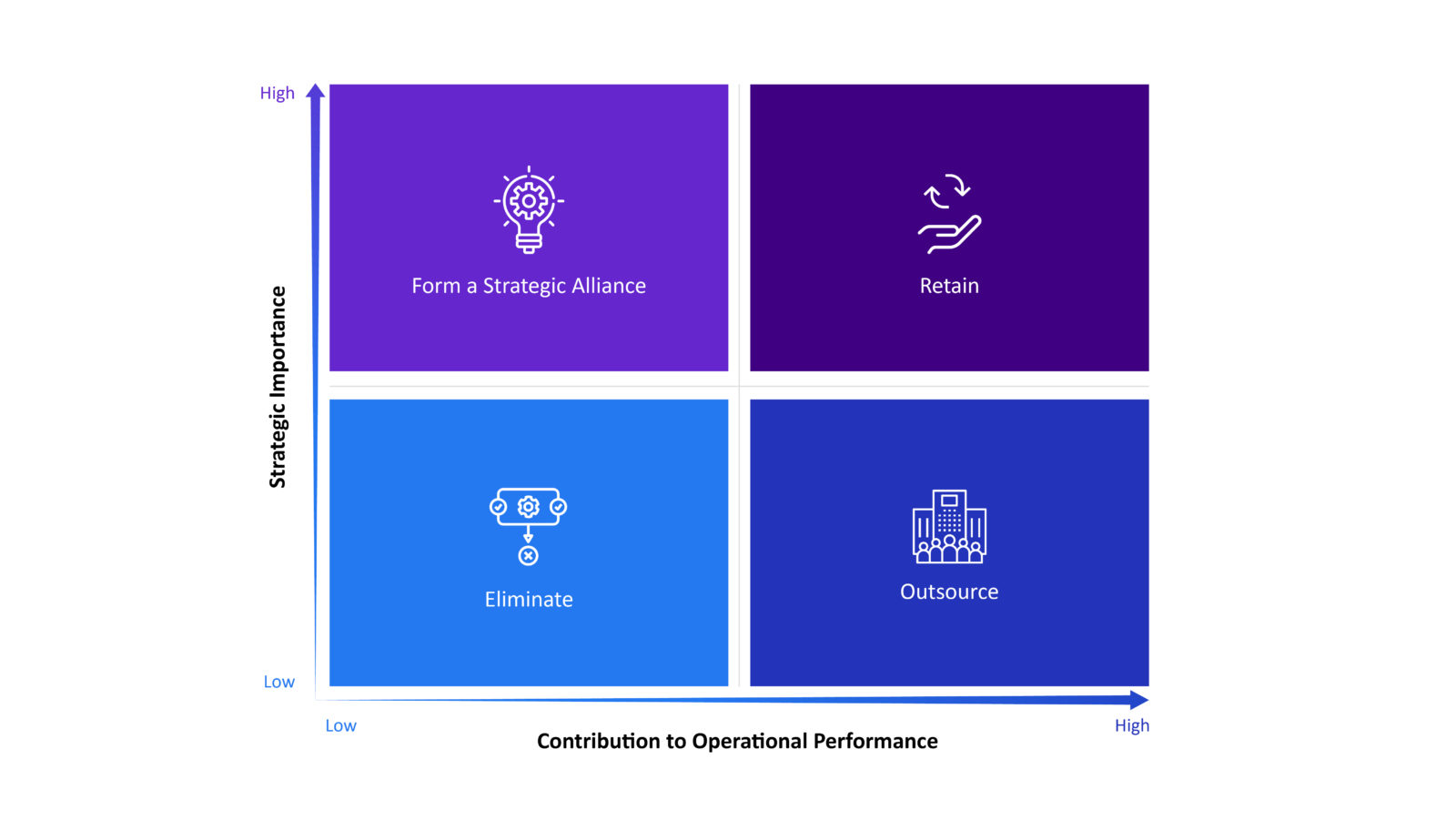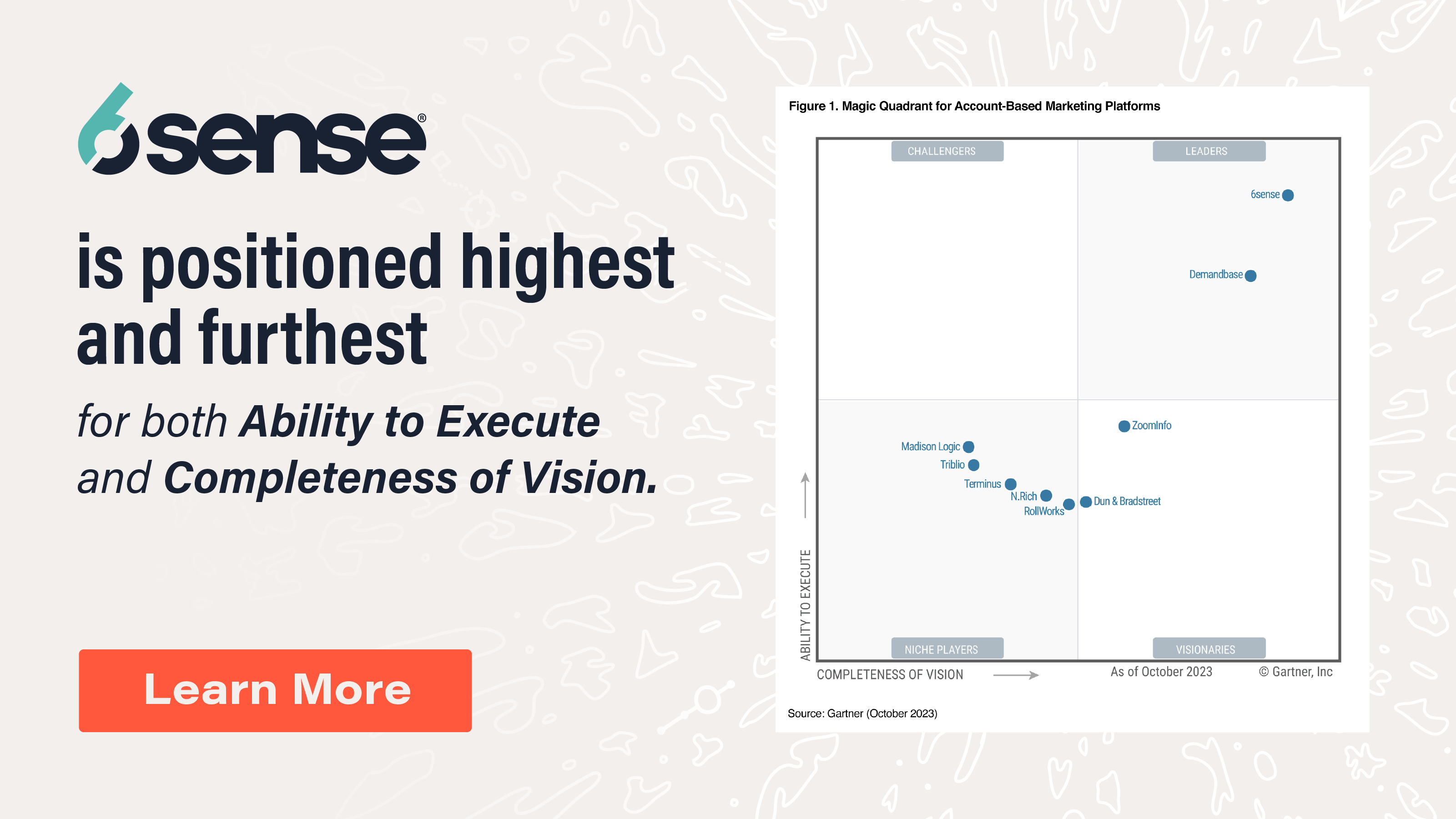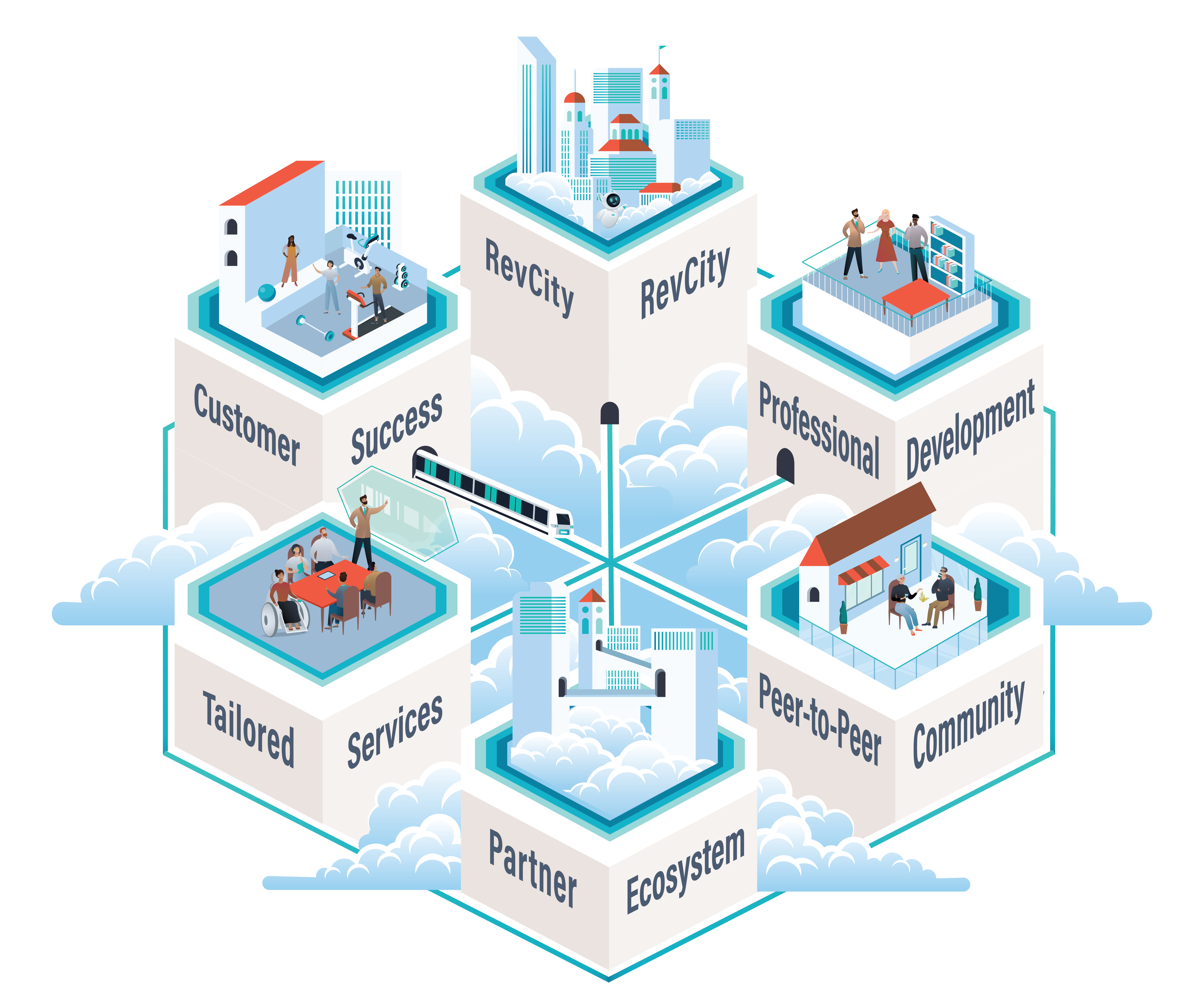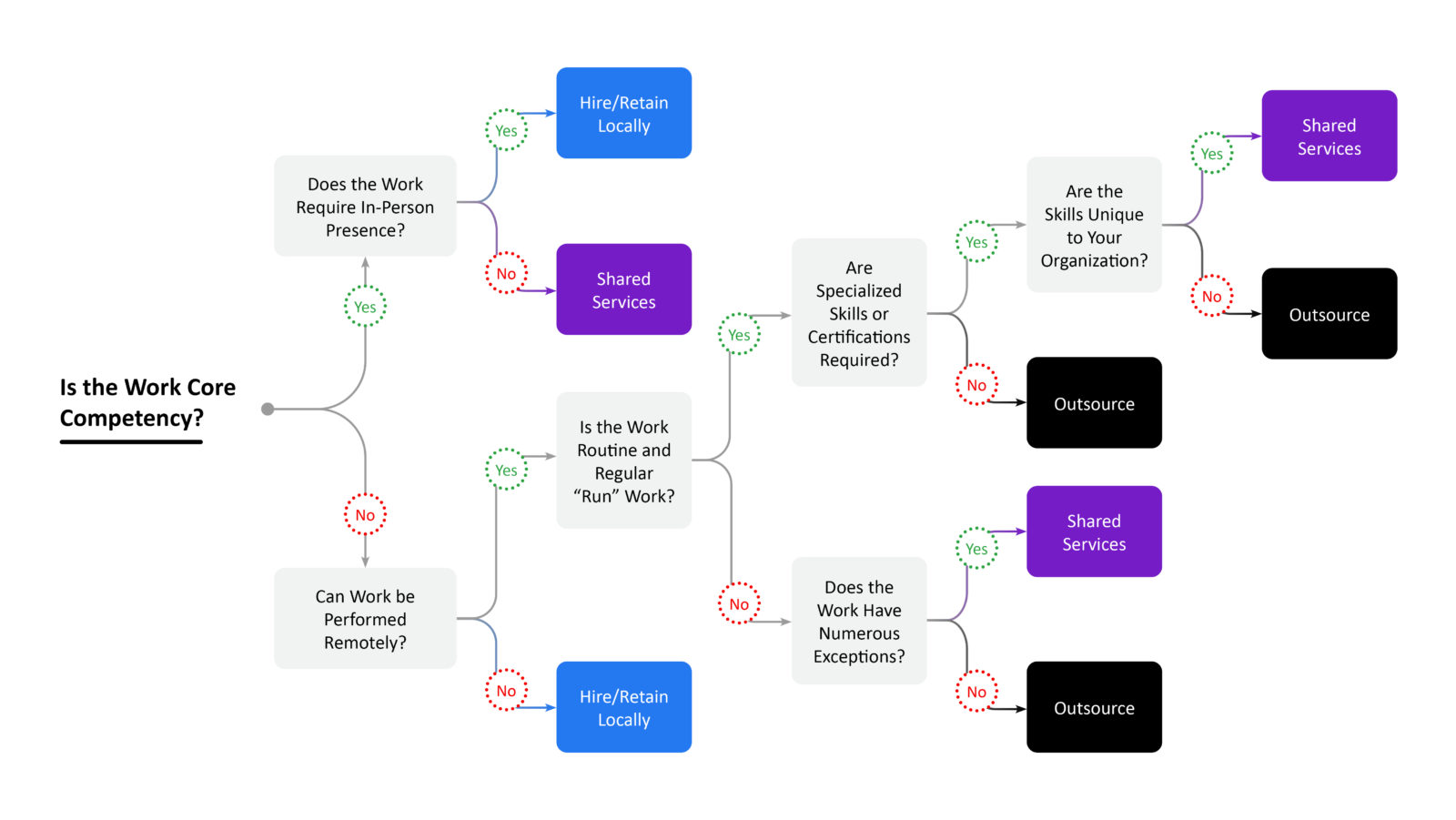By Domenic Colasante, 2X CEO; Kerry Cunningham, 6sense Research & Thought Leadership; and Sara Boostani, 6sense Marketing Research Analyst
— — —
We recently reported new data uncovered by 2X and 6sense that revealed sector-wide shortages in emerging B2B marketing skills and knowledge (such as new RevTech, intent, AI, account-based, transformation) relative to more mature B2B marketing capabilities (such as demand, content, traditional tactics).
We believe this shortage of skilled technologists and future-ready B2B marketers will generate headwinds on CMOs’ marketing transformation agendas, effectively impeding the realization of value that powerful new AI-driven platforms and strategies offer.
This is supported by a recent finding from Gartner in its 2022 Marketing Technology Survey in which marketing leaders reported utilizing 42% of the functionality in their marketing tech, most notably down from 58% just two years prior in 2020. Not only is this an issue, but the trajectory is discouraging.
This skills gap is a multifaceted challenge driven by:
- The accelerating pace of marketing technology advancements
- Shifting B2B buyer behaviors
- Higher demand for new marketing skill sets, and
- Underinvestment across the industry in elevating the skills of B2B marketers
Let’s explore a few strategies for tackling this “marketing new age” skills shortage.
Democratize Skills Education with Shared Services
Our research indicates that while there is a shortage in new-age skills, there are also a meaningful number of individuals with these skills already employed within many organizations. There just aren’t enough of them.
Often, new-age marketers exist in roles benefiting a part of the organization, supporting an:
- Individual geography
- Industry
- Product or
- Functional area aligned closely to the field
These can be the organization’s most entrepreneurial marketers and have added new skills to their repertoire out of necessity; they understood these skills would give them and your organization a competitive advantage.
Marketing organizations aren’t typically designed with skills availability in mind (a shortage of skills is a newer phenomenon), but in some cases, they should be.
Shared Resources Can Empower Employees
Consider a shared-service based organizational model in which scarce advanced marketing capabilities are located centrally within marketing. This enables individuals to operate across a broader theater.
Many advanced marketing technologies generate an exponentially positive effect as they are scaled throughout an organization. For instance, leveraging an intent-driven marketing approach in one business unit may take a significant amount of setup and implementation time, but bringing it to other business units is a fraction of the effort — and has a much quicker time to value.
This approach works. In Deloitte’s recent Global Shared Services and Outsourcing Survey Report:
- 78% of organizations achieved standardization and efficiency of processes by investing in a shared services model, and
- 88% reduced costs while doing so
Research from firms such as Forrester and Gartner point to helpful suggestions on deploying shared service models.
A shared services operating model also creates pathways for on-the-job training in which your most advanced marketers can, by their actions, expose other marketers to new skills and new ways of thinking.
Training and Development
In a summary from the Future Talent Council, the priority for talent leaders has evolved from one of “human resources” to “human capital” to now “human development.” These days, organizational leaders must create value through the success of a workforce (marketing leaders are certainly in this category) and do so by prioritizing training and development as essential components of their strategy and investment plan.
In 2022’s The CMO Survey, only 56% of organizations surveyed reported that training was a part of marketing expenses included in their company budget. This suggests that nearly half of marketing organizations do not prioritize or invest in training and development. As the landscape of the marketing role becomes increasingly reliant upon new-age skills, views on training should follow suit as a priority for marketing leaders.
How Training Must Transform
The focus of training must also change, moving away from a rule or requirement that marketers must complete to satisfy organizational policy — and instead shift to an opportunity for growth that the culture supports, and employees want to take advantage of.
Gaining certifications in new technologies, marketing methods, and B2B skill areas creates capability for the organization. It’s also a large driver of employee retention. In the MarketingProfs 2022 State of B2B Marketing Training Report, 95% of respondents cited personal growth and satisfaction as a reason they participated in training, while only 8% reported they completed training because it was required by management.
Unfortunately, the proportion of training programs and certifications that teach new-age skills vastly fall behind those offered for traditional skills. Recent 6sense research revealed that there is about a 1:4 ratio of new-age skills training to traditional skills training when looking at an aggregate view of courses offered by platforms such as LinkedIn Learning, Coursera, and Udemy.
However, new-age courses do exist, and aside from e-learning platforms, modern technology providers are often a great resource for training and certifications that surround these skills. For example, 6sense recently released the second edition of its popular certification The Fundamentals of Next Gen Marketing. The certification is based on 6sense’s CMO Latané Conant’s book No Forms. No Spam. No Cold Calls. and covers a modern, tactical approach to account-based execution.
While training is critical for the long-term sustainability and relevance of a marketing team, the downside is that it takes time, and it might not be a quick fix to delivering marketing impact within a business quarter.
Outsourced and Managed Services
A common solution to address skill gaps in the marketing organization is to contract externally for these skilled resources. As organizations have adopted work-from-anywhere policies over the last two years, this has leveled the playing field for external and remote marketing service providers — many of whom are in the core business of providing the new-age skill sets that marketing leaders struggle to hire, retain, and develop.
The Impact of MaaS Solutions
Outsourcing models have also moved beyond freelancer and fractional resource deployments into full-scope managed services models, commonly known as marketing-as-a-service (MaaS). These MaaS approaches allow organizations to set up a long-term contract for marketing execution capability, consuming new-age marketing skills and capacity for work as an ongoing managed service with dedicated FTEs that function like internal employees but with external expertise.
This can immediately eliminate the pain of new-age expertise and bandwidth constraints, and when contracted via high-quality offshore providers, such as 6sense Tier-1 Service Partner 2X, can also provide material cost savings that enable a reduction in the cost of marketing skills.
On average, 2X clients realize a 52% labor cost savings in addition to benefits from greater impact and capacity of certified and skilled new-age marketers.
In addition, outsourcing solutions allow a new operating model where the internal marketing organization can function in its core competency areas. These are capabilities that only it can deliver and where it must be best in the world, such as…
- Strategy
- Product
- Customer and
- Field
…while the outsourced/contracted marketing organization can deliver best practice capability with standardization, efficiency, and scale, like:
- Demand
- Ops
- Data
- Process
- Digital and
- Execution
Outsourced providers can also provide an increase in organizational stability as they often have recruiting and internal training programs far more robust than individual marketing departments.
This enables them to manage scaling up talent and replacing turnover, unlike any internal marketing department could support alone.
Plan Marketing Transformation Comprehensively
Marketing transformation plans often center around new technology investments. And while technologies (and the capabilities they bring) are the secret weapons in transformation, it’s important to include human skill and organizational evolution along with the broader transformation.
And this isn’t just about change management. It also represents a broader consideration of how marketing will have the skills necessary for the next chapter of impact.
In its 2022 B2B Marketing Predictions summary, Forrester Research recommended that CMOs need to rethink their organizational strategies.
Navigating the new-age B2B skills shortage comes down to focus:
- Focusing on the marketing organization and its capabilities and gaps
- Focusing on organizational transformation with the same attention that technology investments are budgeted, and
- Focusing on different operating models and insourced/outsourced approaches
This diligence will surface which actions are required to keep the transformation agenda on track.
Decision Aids: Evaluating Different Operating Models








